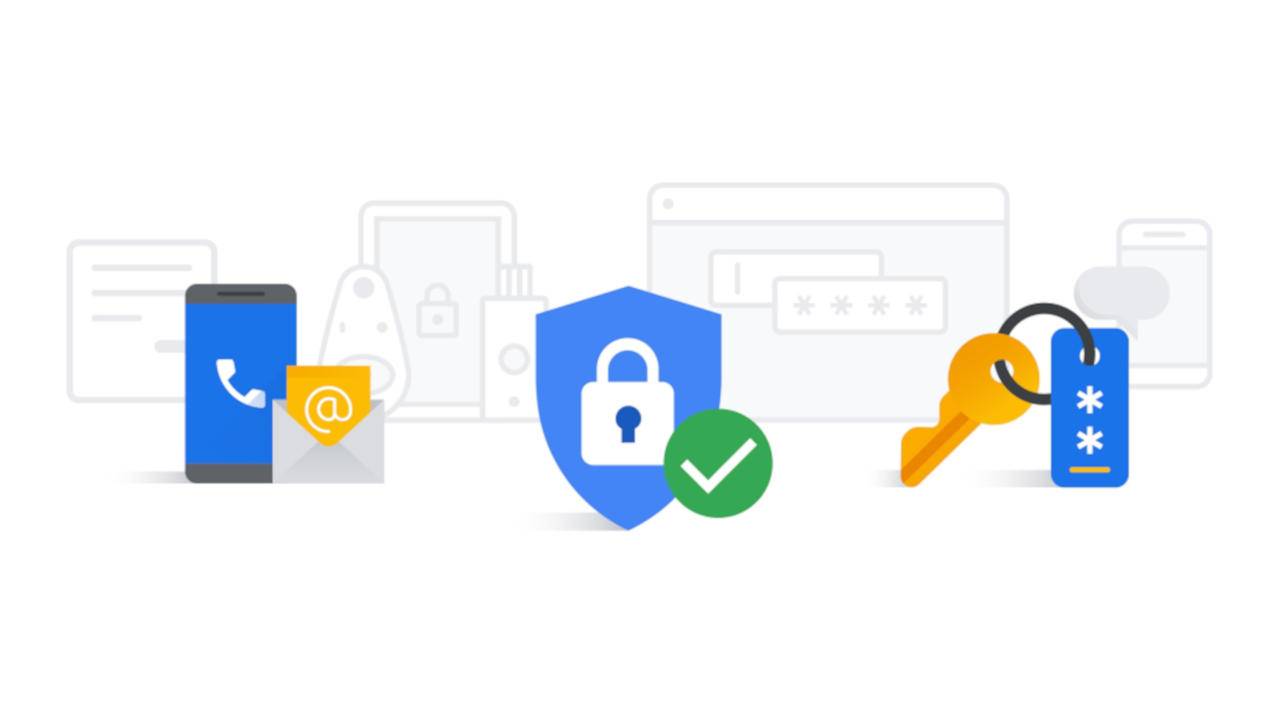Google is helping to celebrate Cybersecurity Awareness Month this October, announcing four new features focused on boosting user privacy and thwarting hackers.
First up is a new password checker tool for Google Chrome. Set to be released "later this year" as part of a Chrome update, it's called Password Checkup and is an evolution of the extension of the same name, which was introduced back in February.
Going forward, it will come baked in to Google's ubiquitous browser and alert you if one of your passwords has been compromised in a known data breach.
You might be surprised at how useful it is, as studies show that as many as 25% of Americans still use easily hackable passwords like '123456' to protect their online accounts.
With Password Checkup, you'll be automatically nudged if you've been hacked, which is hopefully enough to motivate you to mend your boneheaded online security ways.
While you'll have to wait a bit for it be turned on in Chrome by default, you can check it out right away in Google's Password Manager here – or by downloading the extension.
- Find out about the best identity protection services
If "P@s$w0rd” is your password, it’s probably time for a Password Checkup. Now you can check all your saved passwords for security issues with Password Checkup in your Google Account → https://t.co/5hDS8fmarm #NationalCyberSecurityAwarenessMonth pic.twitter.com/3YCSTuefayOctober 2, 2019
Mapping out a more secure future?
Next up, Google has confirmed the launch of Incognito Mode for Google Maps, having pledged to deliver it back at its I/O 2019 conference in May.
Much like browsing the internet or watching videos on YouTube using Incognito, turning it on means Google won't track your Maps searches for things like locations and directions – and neither will advertisers. For better or worse, Google says you won't get a 'personalized' Maps experience as a result.
However, your ISP or cell phone provider will be able to log your Maps history as in Chrome, meaning you'll be within reach of law enforcement and government agencies. If your aim is complete online anonymity, therefore, it's still the best VPN services or bust.
Google has Incognito Mode for Maps down to roll out this month for Android users, but it's simply slated as "coming soon" for iOS. When it's up and running, you'll see the option to switch modes after you tap on your profile photo.
- Find out about the best privacy software
"Hey Google, delete me!"
YouTube also gets a new privacy feature, with will enable you to set your YouTube History for automatic deletion at regular periods of time – just you already could with Location History and Web & App Activity data.
“Set the time period to keep your data — 3 months, 18 months, or until you delete it, just like Location History and Web & App Activity — and we’ll take care of the rest,” Google says in a blog post.
But arguably the most useful new feature is the ability to ask Google Assistant to delete your interactions with it.
From next week, English speaking users will be able to simply issue commands like "Hey Google, delete the last thing I said to you" and "Hey Google, delete everything I said to you last week" to wipe their Assistant's memory.
Other languages will follow in November, the search giant says, and one week is the longest time period that can be erased by your smooth talking – anything longer and you'll need to do it via Settings as before.
Still not enough? Check out our guide to the best internet security software for a look at the most robust web protection options around.
More Web Security guides:

